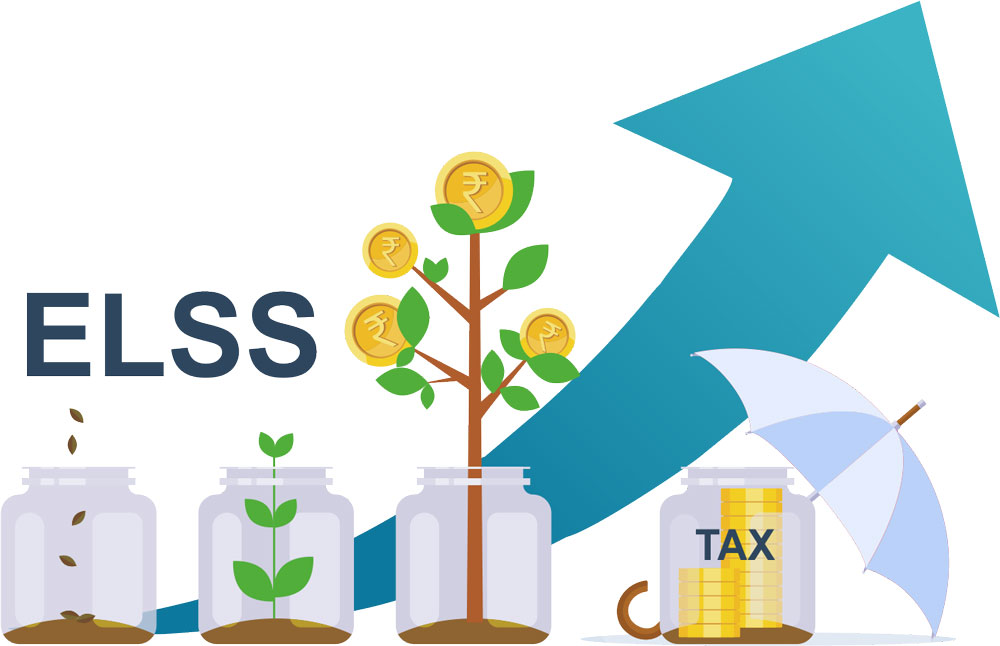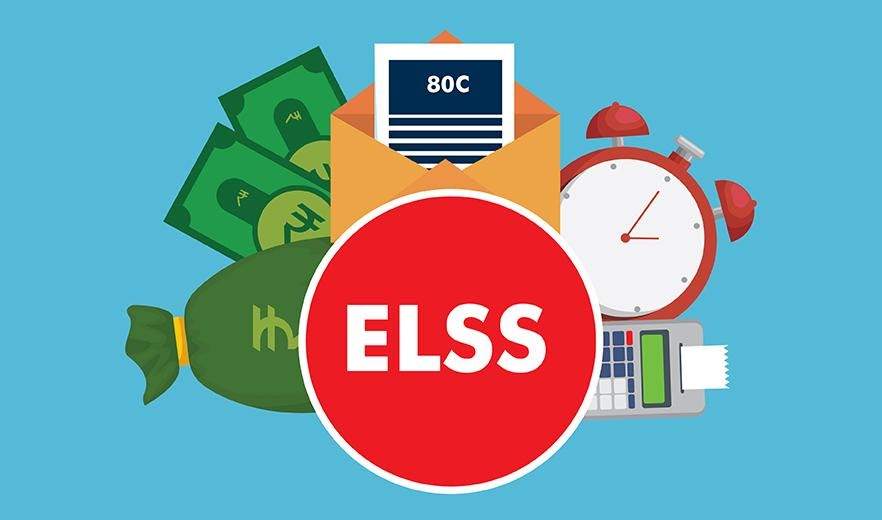Top Advantages of ELSS Mutual Funds

With the AMFI creating widespread awareness about Mutual Funds through its ubiquitous “Mutual Funds Sahi Hai” campaign, ELSS (Equity Linked Savings Funds) have gained in popularity in the past few months. Many investors made the smart move of starting a Mutual Fund SIP in an ELSS at the start of the Financial Year itself, thereby having achieved their Section 80 C targets with relative ease.
Those who are entering the last three months of the fiscal with an 80 C gap still pending can consider investing into an ELSS fund via a 3-month STP (Systematic Transfer Plan) from a liquid fund, instead of investing a lump sum of money. Compared to other tax saving options, ELSS Mutual Funds have numerous advantages. Here are some of them:
Better potential for Wealth Creation
All other tax saving options other than ELSS (barring the NPS) provide you with fixed income type returns, that are barely high enough to overcome the effects of inflation. Resultantly, you end up locking in your money for anything from 5 years (for a tax saving FD) to 20 years (for many traditional life insurance plans) for a poor rate of return. ELSS Funds, on the other hand, harness the power of the equity markets, thereby providing better returns over the long run. As a category, ELSS Mutual Funds have generated annualised returns of over 18% over the past five years.
Shorter Lock-in period
ELSS Mutual Funds have a relatively short lock in period of just 3 years, compared to other Section 80 C tax saving instruments that lock in your funds from anything from five to twenty years. However, investors are advised to stay invested for anything from 5 to 7 years in a ELSS, since equity markets can be volatile in the short run.
Potential for Earning Dividends
Investors in ELSS Mutual Funds who choose the dividend pay-out option can potentially earn tax free dividends even before their maturity dates. Although dividends are subject to booked profits, and not guaranteed, most top performing ELSS Mutual Funds have a track records of declaring dividends anything from 1 to 2 times a year. The quantum of the dividends would be dependent on the fund’s performance.
The Mutual Fund SIP Option
ELSS Mutual Funds provide investors with the option of placing their tax savings on auto-pilot, via the SIP (Systematic Investment Plan) route. By calculating their Section 80 C shortfalls early on in the fiscal, and starting a monthly SIP to cover this gap, investors can achieve their tax saving targets without incurring the typical financial yearend stress of scrounging up funds to save taxes! SIP’s also help average the purchase price of your ELSS Mutual Fund units, thereby limiting your downside in the event that markets head south.
Your Investing Experts
Relevant Articles
Factors To Consider Before Investing in ELSS
Investing in equity linked savings schemes (ELSS) is a popular way to save money and grow wealth. ELSS Mutual Funds provide tax saving benefits, along with the potential to earn higher returns than some other investment options. However, before investing in ELSS fund, there are several factors that should be considered.
Here's Why ELSS Investment is Better Than PPF & NSC
Read this blog to learn why ELSS is better investment option than PPF & NSC. Besides tax savings, it offers capital appreciation. To know more ELSS mutual funds, visit FinEdge now!
Considering an ELSS? Here are 5 Things to Keep in Mind
If you’re about to partake in the all too common financial-yearend scramble to save taxes, you may be flummoxed by the multitude of options at hand. Your insurance agent may be pushing life insurance as the best option, while your friend extols the benefits of a plain vanilla PPF account or even a tax saving FD with a bank. And yet, there’s an 80(C) instrument that not just has a relatively short lock in period of just 3 years – but has delivered a 5-year category average return exceeding 15% per annum and a 10-year annualised return of more than 17% per annum. These are tax saving mutual funds or ELSS (Equity Linked Savings Schemes. These numbers may seem tempting, but make sure you’ve understood a few things about ELSS funds before you say “Tax Saving Mutual Funds Sahi Hai” and jump in with both feet!
.png)


